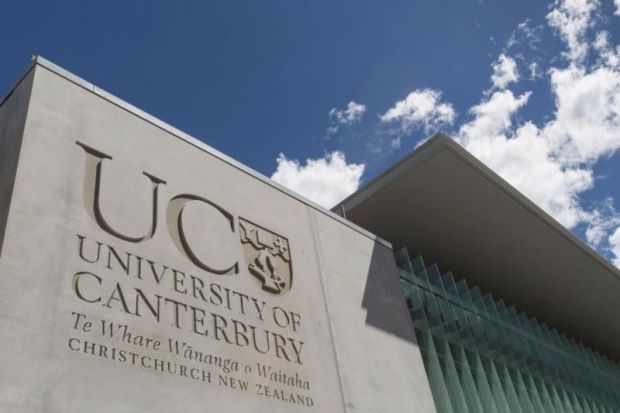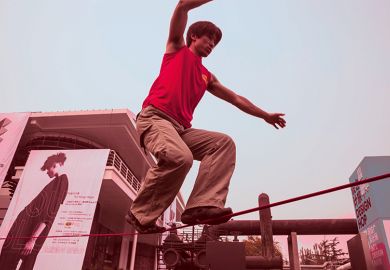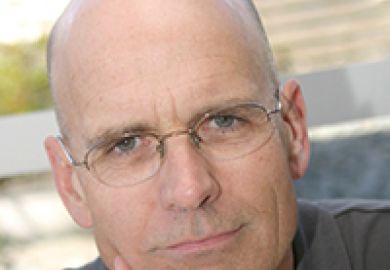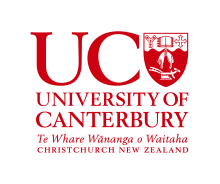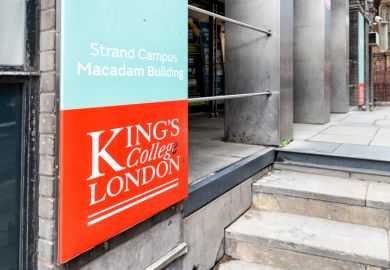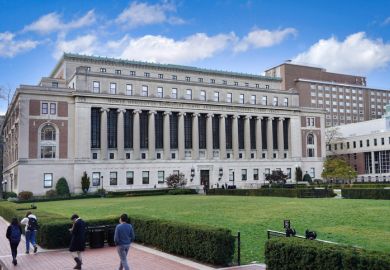Global academics have rallied around Anne-Marie Brady, a professor at the University of Canterbury who has been under review by her institution since August and has been told not to speak publicly about her case, according to her lawyer.
Her research, “Holding a pen in one hand, gripping a gun in the other”, co-authored by Jichang Lulu and Sam Pheloung, investigated alleged links between New Zealand universities and the Chinese military. The paper was submitted to parliament in July and also published by the Wilson Center, a US thinktank.
In the paper, Professor Brady outlines the high stakes for China-New Zealand relations. “Until the Covid-19 pandemic, the PRC [People’s Republic of China] was also New Zealand’s largest market for foreign students, largest tourism market, and sixth largest foreign scientific research partner.”
Complainants claim that Professor Brady’s work cited “manifest errors of fact and misleading inferences”, Canterbury’s deputy vice-chancellor (research), Ian Wright, said to the media.
However, nearly 200 international academics have signed an open letter saying that Professor Brady’s “ground-breaking research” has had a “profound impact internationally, based as it is on meticulous research and her analytical insights over 20 years of scholarship in this area”.
They urged the university to apologise, and for complainants to practise the “normal way of disagreeing with a paper – publishing their criticism”.
Stephen Franks, Professor Brady’s lawyer, told Times Higher Education that Canterbury “has ordered her not to communicate about their ‘review’ and the complaint”.
“The university’s failure to direct the complainants to normal academic remedies – publish their criticisms if they had confidence in them – is generating significant disquiet and internal protest from staff at her university, and elsewhere in New Zealand,” he said, adding that “the university would be a laughing stock if the chilling effect was not so obvious”.
A Canterbury spokesperson confirmed to THE that it was responding to four formal complaints from academic staff at Canterbury and other universities. The review, which is being held “as reputations of academics are in question”, was initially planned for September but has been postponed because of a request by Professor Brady, the spokesperson said.
Canterbury responded in a statement about the case that it supported “the freedom of academic staff and students”.
THE understands that Professor Brady’s paper is being reviewed to determine whether it complies with the university’s academic freedom policy, which upholds academics’ right to express their views freely on all topics “without fear of discrimination or disadvantage”.
A Canterbury colleague, who asked not to be named, said that administrators would be able to take action under the policy only if they could prove that Professor Brady had not acted in good faith – “which they won’t be able to do”.
The colleague said the university’s action meant that Professor Brady was now “gagged” and “unable to defend herself” after raising “valid questions about Chinese defence spending”.
However, a Canterbury spokesperson said that “the university has not gagged Professor Brady, and any suggestion that it has is incorrect”.
Catherine Churchman, an Asian studies lecturer at the Victoria University of Wellington and an acquaintance of Professor Brady’s, wrote that government actions showed that Professor Brady’s broader concerns have been taken seriously.
She told THE that the complaint should have been addressed through more transparent channels.
“If there really were defamation issues, then the university could have taken up a court case against her, but this would have caused them severe reputational damage," she said. “The proper way to deal with it would have been through a point-by-point academic rebuttal, but this would mean examining the paper and the larger issue in great detail and drawing more attention to the issue. The point of the ‘review’ seems to have been to shut Professor Brady up with the minimum of fuss and outside scrutiny.”
Register to continue
Why register?
- Registration is free and only takes a moment
- Once registered, you can read 3 articles a month
- Sign up for our newsletter
Subscribe
Or subscribe for unlimited access to:
- Unlimited access to news, views, insights & reviews
- Digital editions
- Digital access to THE’s university and college rankings analysis
Already registered or a current subscriber? Login
